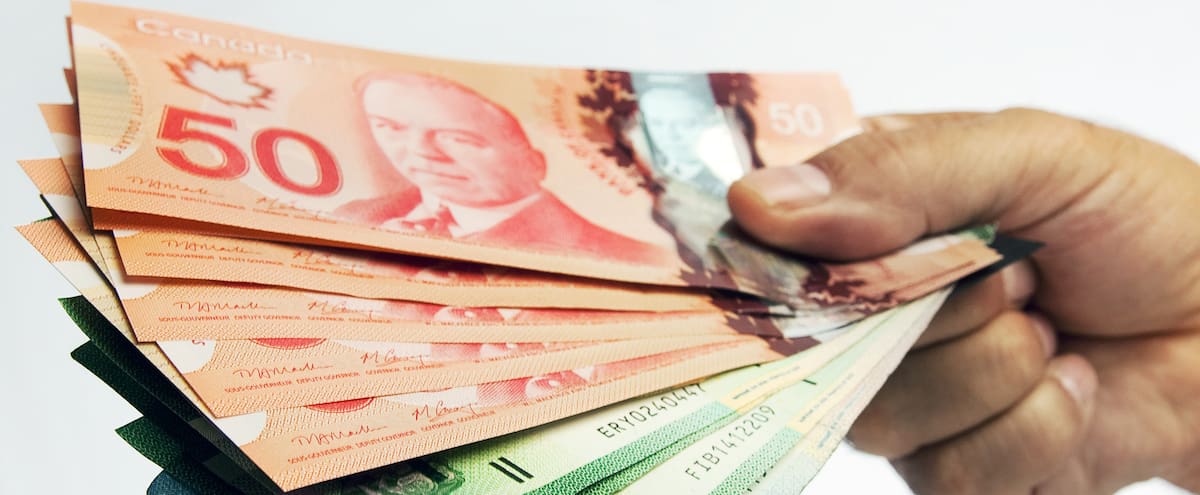We are still going through a strange period. Part of the economy is completely blocked, unemployment has not been so high in ages. And then what ?
• Read also: The pandemic forces to review its finances
The debt ratio falls while that of savings rises.
What to do with this money?
Nothing !
Cash is king !
The expression is poorly translated, it constitutes an invitation to sit down on one’s cash flow and to be patient. Not to be confused with “putting your money in a safe place”. She means that in part, but it also refers to the ability to access your nest egg quickly, at all times.
We have no idea for the moment what the pandemic has in store for us. We crossed the first wave knowing that there would be a second. Now that we are there, we hardly dare speculate on its duration. As for the possibility of a third wave, the subject is taboo.
We hear here and there not very reassuring words, like “new normal” or “we will have to learn to live with the virus”. By that, we mean that we should not base too much hope on the imminent arrival of a vaccine that would suddenly get us out of the nightmare.
Much emphasis has been placed on the localized effects of the pandemic on the economy (tourism, culture, entertainment, catering), but if the situation continues, the damage could spread to other sectors. Caution is in order.
► THE SCHOLARSHIP?
I am by nature quite optimistic about the stock market, and I rarely hesitate to recommend investing in it when it gets hot. This is what the rich do, moreover, crises are often a good time to find good opportunities, but not now.
Stock markets are higher than in pre-pandemic times, with investors visibly anticipating a quick return to normal. That confidence can crumble in the snap of a finger, all it takes is bad news, like the failure of a promising vaccine.
I wouldn’t go so far as to suggest removing all of your marbles from the market, although taking a profit may make sense. For cash, it is better to keep it. The advantage is that they remain available to deal with any eventuality.
In the meantime, we can refine our list of potential investments for the day when things go wrong and entry prices will be more inviting.
► The mortgage?
Interest rates are so low that there is no benefit in speeding up your mortgage repayment.
The operation would certainly reduce debt, but would not change the balance sheet. If something goes wrong, you could be forced to dip into the free value of your home through a line of credit, with higher interest than the mortgage.
In the best-case scenario, it will be pointless to double down on mortgage payments. So forget that!
► GICs?
Guaranteed Investment Certificates (GICs) are among the safest options, but they earn little more than a “high interest” savings account, without offering the same flexibility. With certificates, your money is frozen according to the chosen term (six months, one year, two years …), therefore inaccessible. Bad idea.
► “High Interest” Savings Accounts?
There is something humorous about still attaching this label to them, but high-interest accounts are still the best place to shelter reserves while the crisis passes.
 Canada Live NEWS – 24/7 Breaking Headlines & Updates Canada Live News is one of the largest news curating sites across Canada which is made exclusively for Canadian people.
Canada Live NEWS – 24/7 Breaking Headlines & Updates Canada Live News is one of the largest news curating sites across Canada which is made exclusively for Canadian people.
